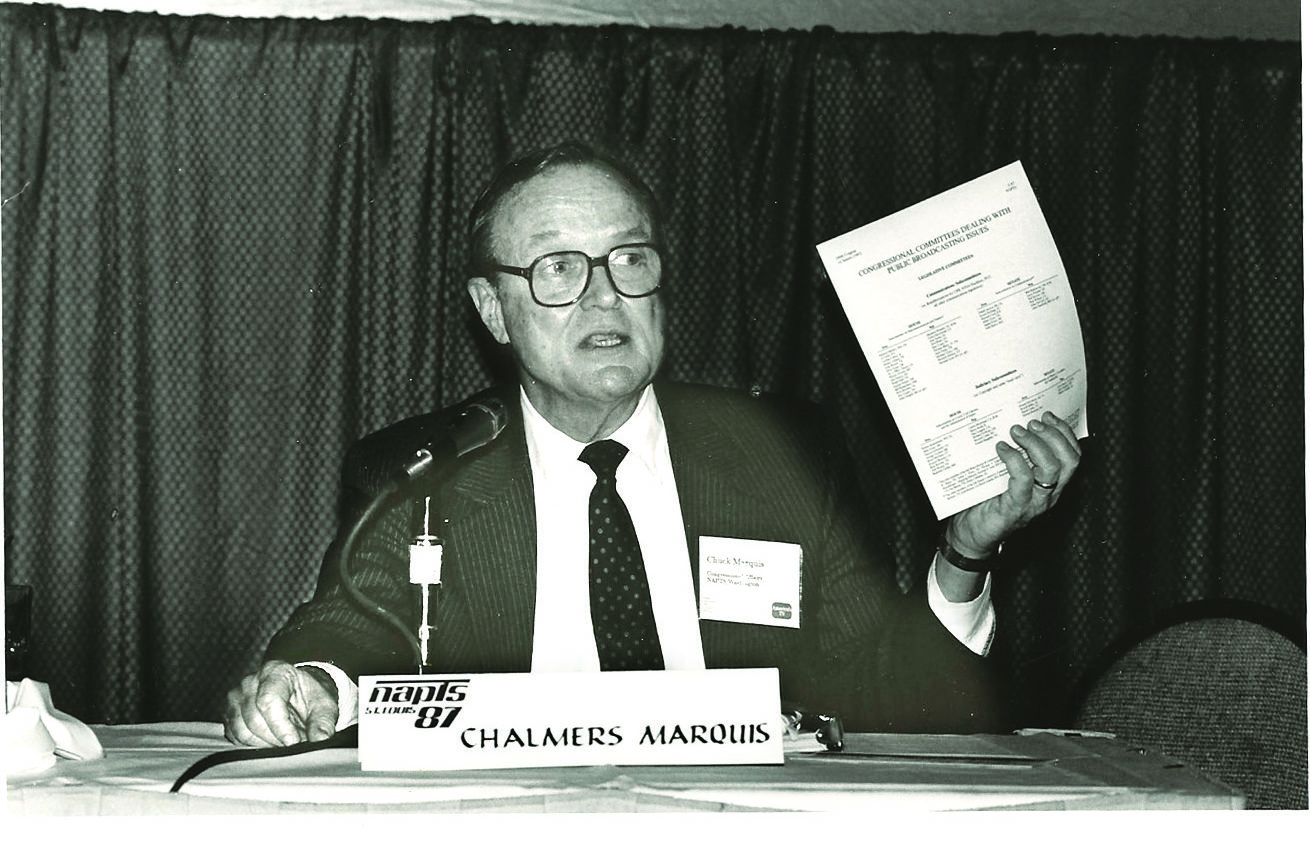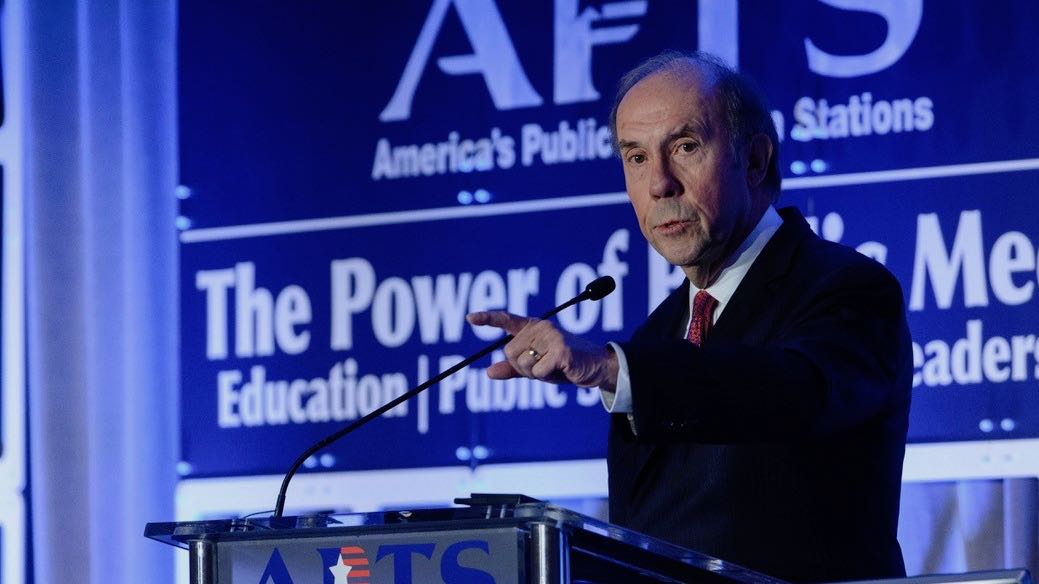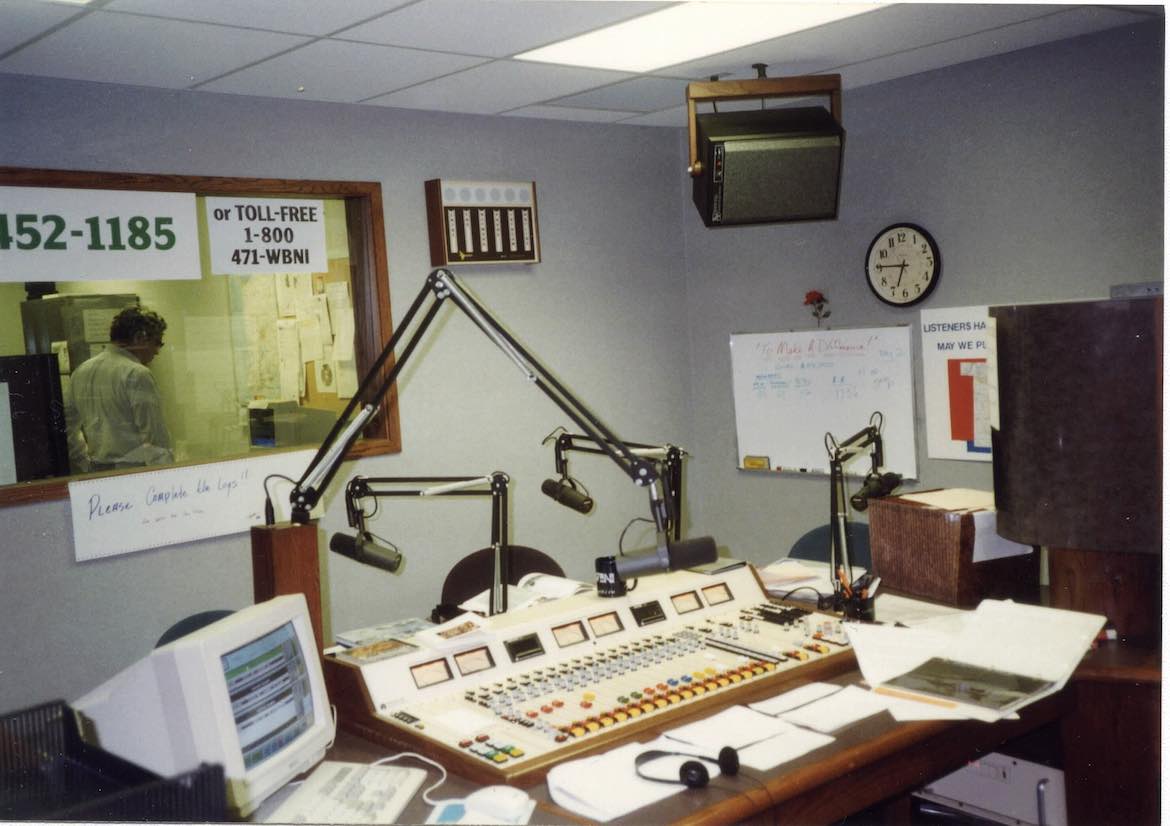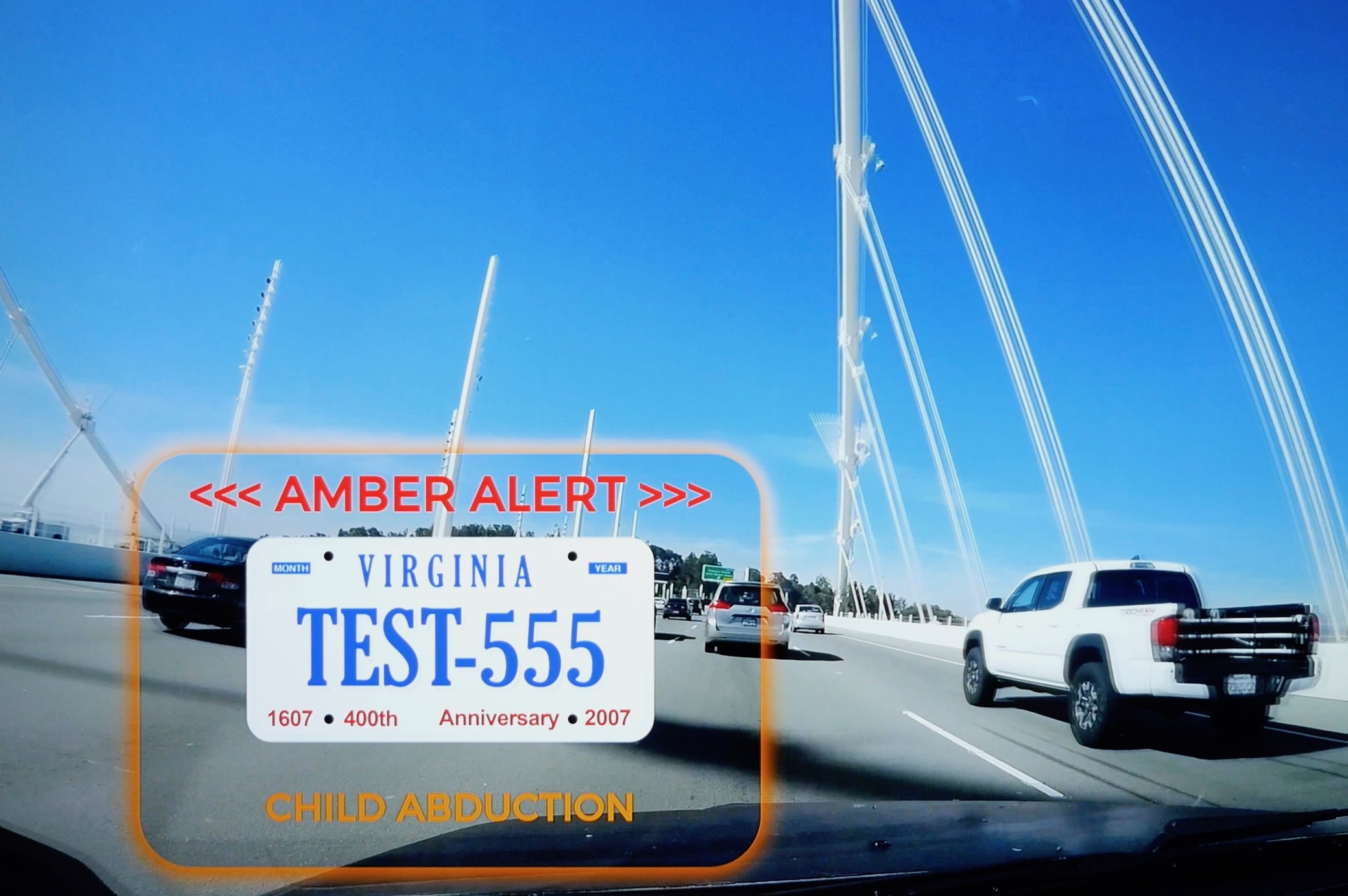Tag: America’s Public Television Stations
APTS’ Butler sees good outlook for pubcasting support after midterms
Public broadcasting "may hope for, and we are planning for, more public support over the next 10 years,” America's Public Television Stations ...NPR urges FCC to provide ‘full reimbursement’ for radio stations affected by repack
Local stations "have limited financial and operational resources to absorb the impact of the TV repack," NPR said in FCC comments.House budget proposes level funding for CPB in FY21
The bill also would provide $20 million for interconnection.Public TV pioneer Chalmers “Chuck” Marquis dies at 91
Longtime friends and colleagues remember Marquis as public television’s man on Capitol Hill.Pubcasting orgs decline to support request for ATSC 3.0 must-carry rules
PBS, CPB and American's Public Television Stations said in an FCC filing that they recognize the commission is "not inclined" to back ...Public TV urges FCC to exempt stations from ATSC 3.0 simulcasting rules
TV broadcasters want the FCC to allow them to use vacant channels for the simulcasts required during ATSC 3.0 rollout.APTS’ Butler says pubcasting has ‘strong case to make for higher appropriation’
America's Public Television Stations opened its annual Public Media Summit Monday.San Francisco station appeals FCC decision threatening its satellite carriage
KMTP used the wrong kind of mail service to submit a request, violating a rule that public broadcasters are asking the FCC ...House committee authorizes additional funding for repack, including radio costs
The bill would provide the FCC with an additional $322 million per year in fiscal years 2019 and 2020.Pubcasting coalition withdraws request for relief from EEO reporting
In joint comments filed with the FCC, pubcasters had asked for a review of "unnecessarily burdensome" rules on recruitment and hiring practices ...Pubcasters ask FCC for relief on ATSC broadcast rule
PBS, CPB and APTS argue that for many stations, following the rule is "physically impossible."FCC Republicans strike down studio rule that had mixed support from pubmedia
While NPR and others argued the rule was burdensome, some college and community broadcasters argued for its preservation.Lawmakers hear that pubcasters need additional $50M for auction repack
The financial risk from repack work “is almost existential” to public broadcasting, APTS President Pat Butler said.AWARN public safety group adds members, sets ‘road map’ meeting
AWARN now includes four of the largest emergency-alert originators.T-Mobile will foot bill for repacking public TV translators
The agreement covers equipment, engineering, installation and legal fees.










